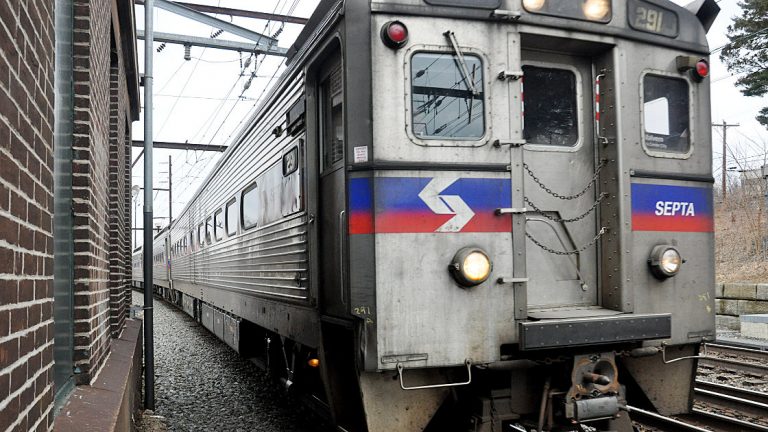SEPTA’s Board adopted a budget which will cut service by 45% and raise fares by an average of 21.5%, according to a memo released by the transit agency following today’s vote.
“This is a vote none of us wanted to take,” said SEPTA Board Chair Kenneth E. Lawrence Jr. “We have worked hard as an Authority to prevent this day from coming because we understand the impact it will have on our customers and the communities we serve. To be clear, this does not have to happen – if state lawmakers can reach an agreement to deliver sufficient, new funding for public transit.”
Beginning with the fall schedule change on August 24, customers will first see the elimination of 32 bus routes and “significant reductions in trips on all rail services, including the end of special services like Sports Express.”
According to a June 20 article by The Philadelphia Inquirer, Paoli/Thorndale, Wilmington/Newark, Trenton, Chestnut Hill West, and Cynwyd are the Regional Rail lines to be eliminated in January 2026. The article calls the choice of closures “a puzzling decision” because of high ridership and notes that the reason is “SEPTA pays Amtrak $65 million this year to run the five marked Regional Rail trains on Northeast Corridor tracks owned by the national passenger railroad.”
A fare increase for all riders will go into effect on September 1. The new base fare for Bus and Metro trips will be $2.90, and SEPTA will also freeze all hiring, including bus operators. On January 1, five Regional Rail lines will be eliminated along with more bus routes and the implementation of a 9:00pm curfew on all remaining rail services.
“This budget will effectively dismantle SEPTA – leaving the City and region without the frequent, reliable transit service that has been an engine of economic growth, mobility, and opportunity,” said SEPTA General Manager Scott A. Sauer. “Once this dismantlement begins, it will be almost impossible to reverse, and the economic and social impacts will be immediate and long-lasting for all Pennsylvanians – whether they ride SEPTA or not.”
The memo noted that SEPTA is facing a $213 million budget gap due to a combination of factors, including the end of federal COVID relief funding and increases in the day-to-day costs of providing service to customers.
“SEPTA is required by law to pass a balanced Operating Budget prior to the start of the new fiscal year on July 1, and the Authority’s only options to close such a massive structural deficit are to raise fares and cut costs by eliminating services and reducing the size of its workforce,” the memo says.
SEPTA also approved today its Fiscal Year 2026 Capital Budget, which will defer $2 billion worth of projects, including critical station accessibility improvements.
A preliminary budget proposal was announced in April. SEPTA held four public hearings regarding the proposal from May 19-21. Around that time, a Change.org petition titled “Secure Funding for SEPTA, Halt Service Reductions and Fare Increment” began circulating in response.
In November 2024, SEPTA announced its proposed fare increases brought on by decreased ridership and a lack of state funding support.
The memo concludes by noting that “negotiations in Harrisburg [are] underway”, and “SEPTA continues to urge approval of new state funding for transit systems.”

